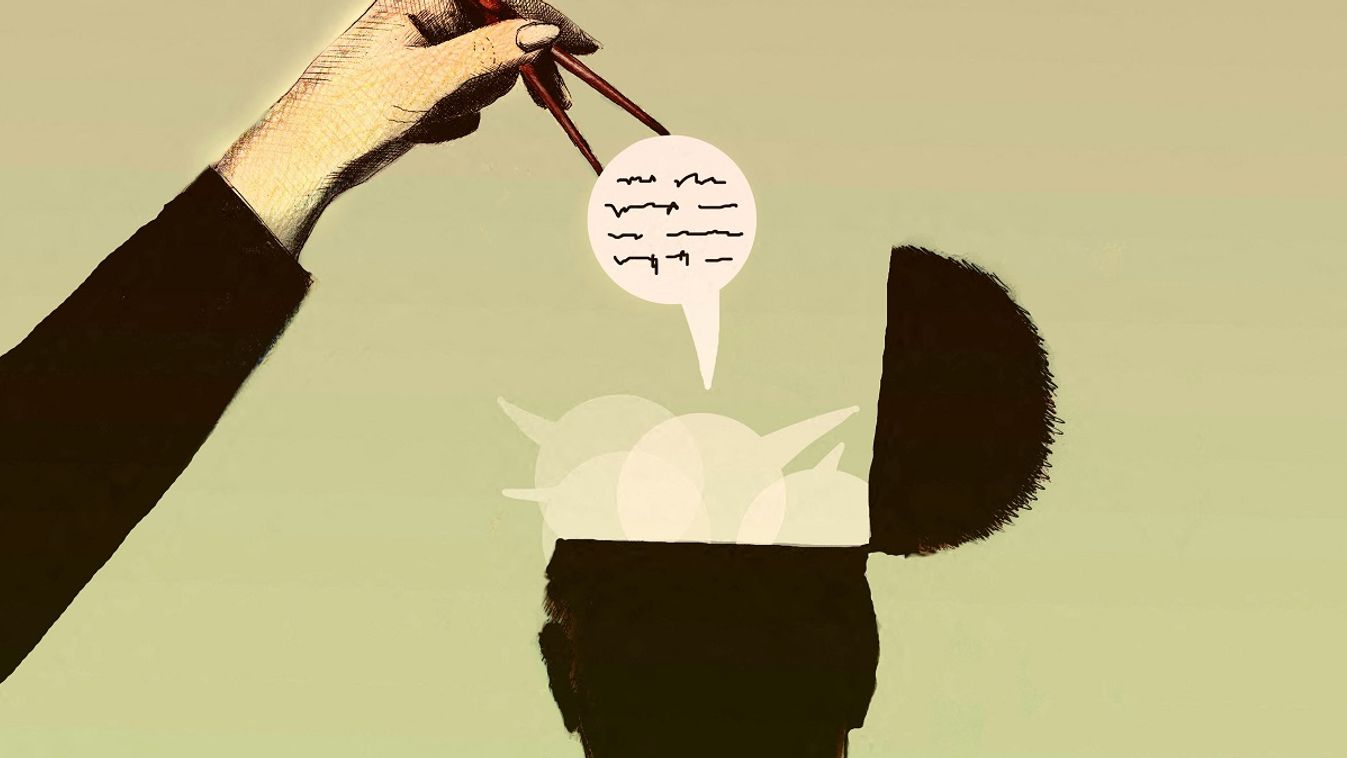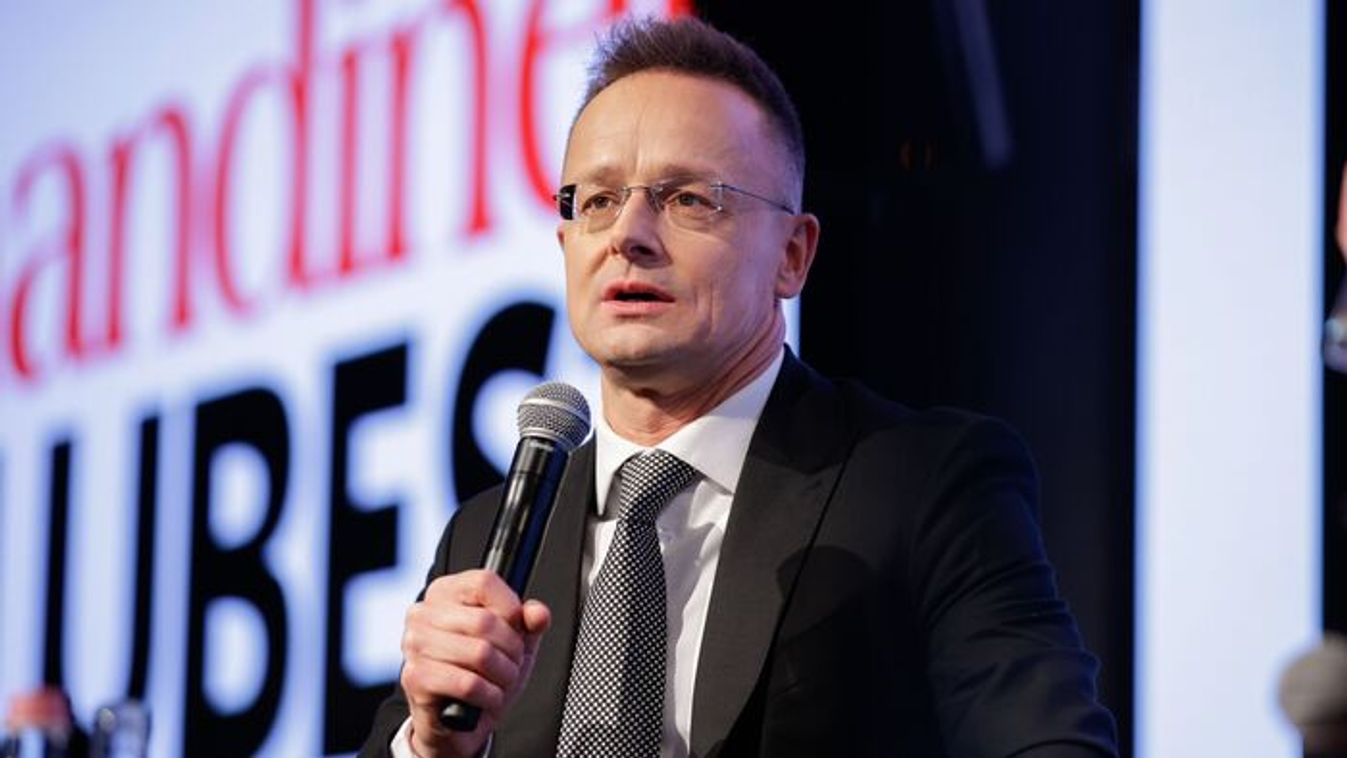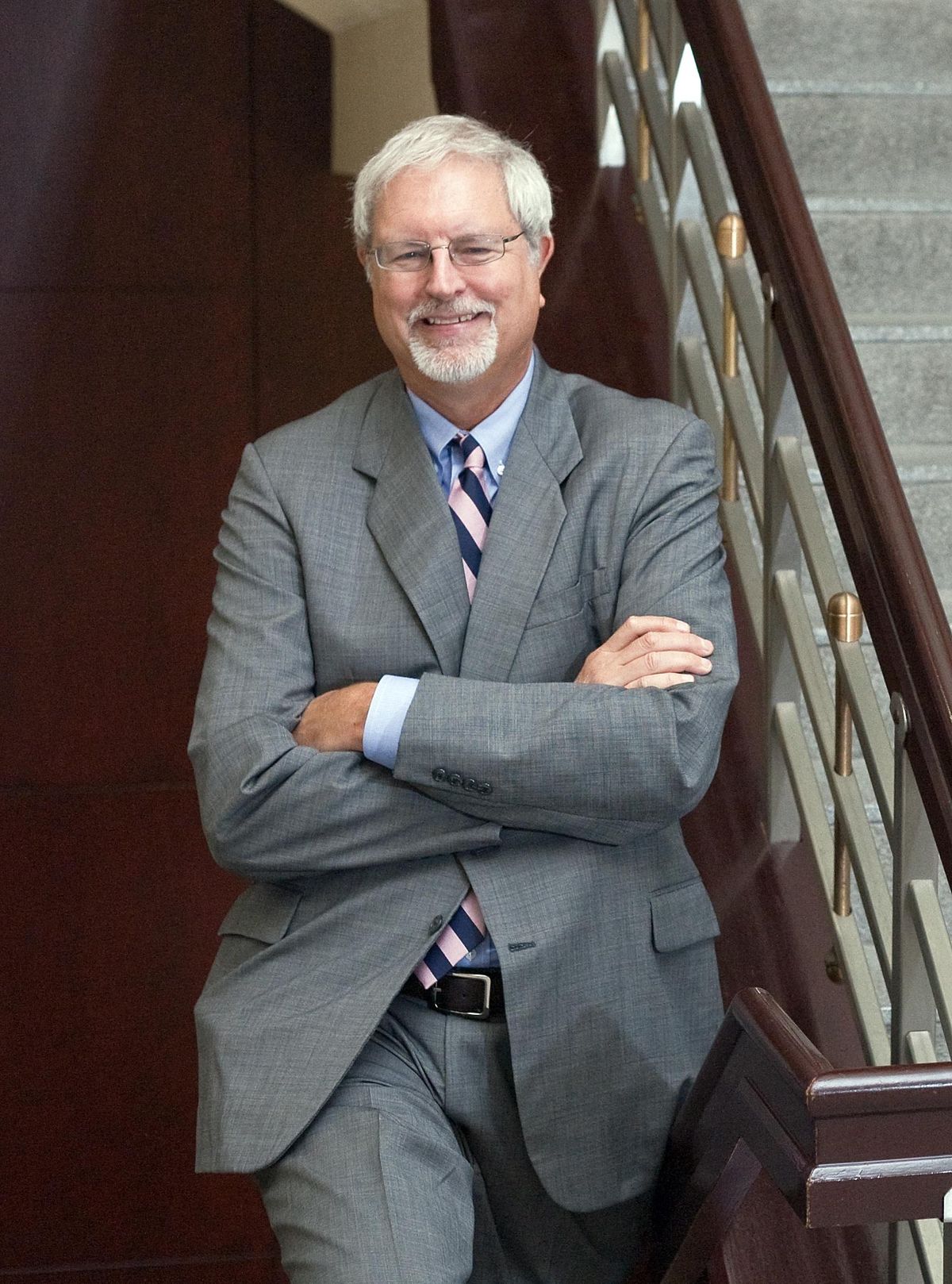Elemző: nem a Fidesz legfőbb érdeke, hogy nyilvánosságra kerüljön Magyar Péter legsötétebb titka

Az sem maradt sokáig rejtély, miért „ijedhettek meg egy ágy képétől” a baloldalon.

Today, the 24-hour news cycle has made “getting it first” more important than “getting it right.” This deep changes in the dissemination of information that have occurred in the last half century justifies, indeed requires, the courage to revisit law that made sense in a simpler time – David A. Logan, professor of law pointed out in a conversation with Lénárd Sándor.

With the growing influence of digital communication and platform based businesses, societies around the World moved from the era dominated by mass media towards a more individualized and customized information age where information is more instantaneous. How in your view does it shape the way people communicate and the process they receive information?
Citizens traditionally received their information about current events from the media--newspapers, magazines, and pamphlets--and by the middle of the twentieth century, from radio and television. These sources had several important characteristics, to a greater or lesser extent: the writers or broadcasters were at least somewhat knowledgeable about the topic being discussed; the material was typically reviewed by a senior editor, who could correct errors and provide context; and there was time to verify the information. The Internet, and especially social media changed this: Today, a publisher needs to know nothing about the topic of an item; there is rarely anybody to provide verification or situate information in context; and

24-hour news cycle has made “getting it first” more important than “getting it right.”
What are the implications of these shifts to the ecosystem of journalism and media?
As a result, there is a miasma of misinformation that has poisoned public debate about the issues of the day, harming individual reputations and, more importantly, harming democracy.
We are losing our ability to distinguish truth form falsehood, a core requirement of a functioning democracy.
As philosopher Hannah Arendt pointed out decades ago, “[t]he ideal subject of totalitarian rule is not the convinced Nazi or convinced Communist, but people for whom the distinction between fact and fiction…and between true and false…no longer exist.”

How did the media and speech regulation contribute to the situation?
This dangerous situation is the result of many forces, technological, economic, and political, but there are two legal developments that have significantly contributed to this problem in the United States. The first is the Communications Decency Act (1996) which provides Internet platforms, like Facebook and Twitter, sweeping protection from falsehoods that appear on those platforms. The second, and my focus, is a string of decisions by the Supreme Court of the United States which made it very difficult for the targets of false accusations to rely upon the law of defamation to get redress for the harms caused by falsehoods. Specifically, a line of cases since the landmark decision by the Supreme Court of the United States in New York Times v. Sullivan (1964), which read the free speech guarantees of the First Amendment as requiring virtually insurmountable barriers to recovery for anyone deemed to be a “public official” or “public figure.”
This judge-made law has resulted in very little deterrence of falsehoods,
much like the consequences of the Communications Decency Act.
In a recent U.S. Supreme Court decision, Justice Thomas and Justice Gorsuch urged to reconsider one of the cornerstones of the American free speech law. Can you explain why the Justices wish to reconsider the New York Times rule?
Yes, recently, two of the nine justices on the Supreme Court called for a reconsideration of this important line of cases: Justice Thomas urging a complete reversal and Justice Gorsuch adopting my view that judicious pruning should be in order. (Note: it would a total of five of the nine justices to remake this area of law.) The Justices argued that the changes in the media landscape discussed above justify revisiting this important, and long-sacrosanct body of law.
How justified their opinions are in your view? Since the New York Times rule is a well-known doctrine in other parts of the World, for example, it is applied by the European Court of Human Rights (e.g. Lingens v. Austria), what reconsideration should be carried out in your view?
To appreciate the significance of this questioning of long-settled constitutional doctrine, several other points are important.
First, for over three decades, the law in this area has been thought to be not just settled, but foundational; it is unusual for the Court to revisit cherished precedents, so the Thomas and Gorsuch opinions are considered a big deal, especially by the media, which benefits greatly from the protections of the New York Times v. Sullivan line of cases.
Second, the empirical data that I reported—in the most recent year with reported data there were just three trials a year in the entire United States (despite millions of damaging misstatements), indicates that the scales of justice have tipped too far away from deterring falsehoods.
Third, the Court initially established high barriers to recovery because of the need to have robust debate about public policy, which could be chilled if it was too easy to lawsuits for falsehoods directed against policymakers (as opposed to policy implementors). However, over the years the barriers were extended to all manner of people with only a tangential link to public policy, like police officers, school teachers, and even people whose only link to public affairs was that they spoke out on an issue of the day, like gun control or rape laws. Justice Gorsuch, in particular, questions whether such people should be effectively stripped of the ability to protect their good names.
Fourth, it is worth noting that this line of cases is out of step with the law of almost every other country. For example, Great Britain manages to have robust debates about public policy, and the people who make and implement it, without the almost insurmountable barriers present in the United States.
As a result, I agree with Justice Gorsuch that
it is time to revisit this line of cases and reset the balance between encouraging vigorous speech and destroying reputations.
In particular, I emphasize that this body of law is not just about balancing the protection of reputations with encouraging robust debate about the matters of the day. I add that these cases also implicate democracy, and that pollution of the “marketplace of ideas” by publishing falsehoods should be an important part of this balancing of interests.
We have recently seen that platforms attempt to introduce corporate social responsibility standards to regulate speech. For example, Facebook applies international human rights standards to its own operations. How efficient these corporate regulations can be and what are the downsides of this type of remedies in your view?
Such changes reflect a belated awareness of the harm that can, and has, occurred as a result of the lack of regulation the Internet, and, especially social media. If this does happen, it is because the companies fear even greater regulation and restrictions. We don’t want to minimize the challenges that face such multinational providers of information caused by the many different legal regimes across the globe but also should not be terribly optimistic of fundamental change as long as the fox (the profit-seeking platforms) are guarding the henhouse (the flow of information).
What remedy, in your view, should regulators or courts consider in your view in the digital age?
To those who say that the real culprit in our diminished democracy is the lack of regulation of the Internet, and especially social media, due to the Communications Decency Act, I say I agree: that is a HUGE problem. However, I have little confidence that meaningful change will come out of our highly polarized legislative process, which seems incapable of coming to consensus on any important issue. Plus, the courts, and especially the Supreme Court of the United States, have made a significant contribution to the current mess, and
following the adage, “if you break it, you own it,” courts should not turn away from making corrections in the law
demanded by fundamentally changed circumstances.
In sum, I believe that deep changes in the dissemination of information that have occurred in the last half century — the Internet is our new “public square” -- justifies, indeed requires, the courage to revisit law that made sense in a simpler time. This is not a call for revolution, rather a call for reconsideration, with the goal of better protecting both reputations and our democracy.